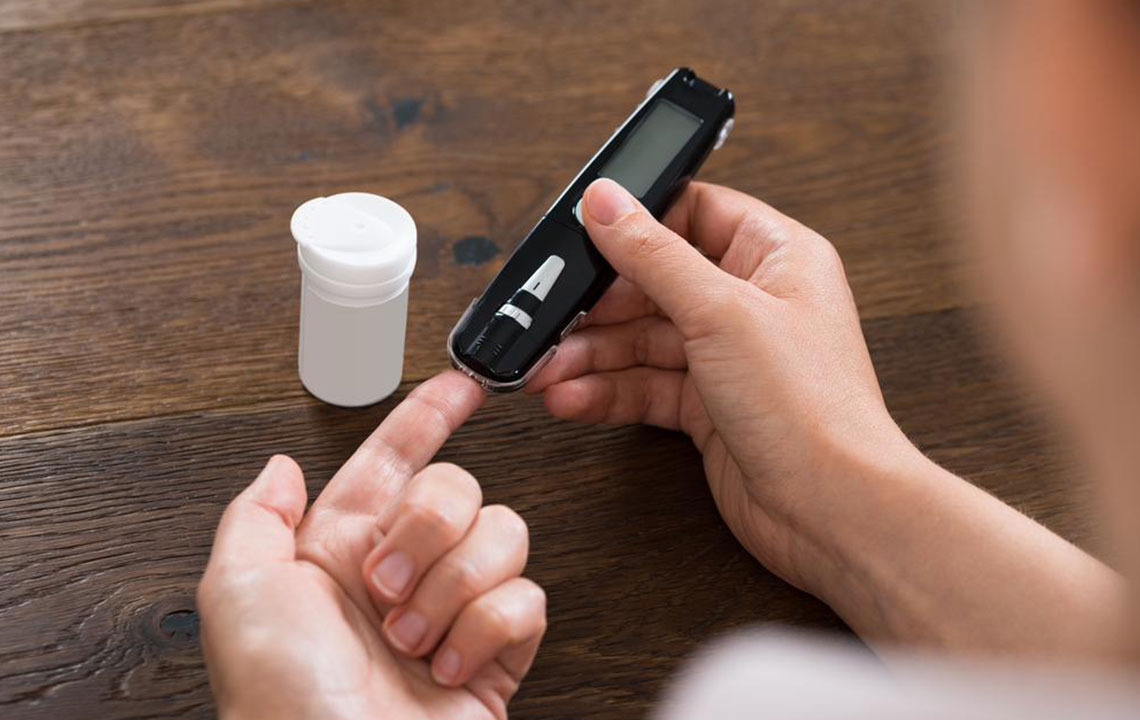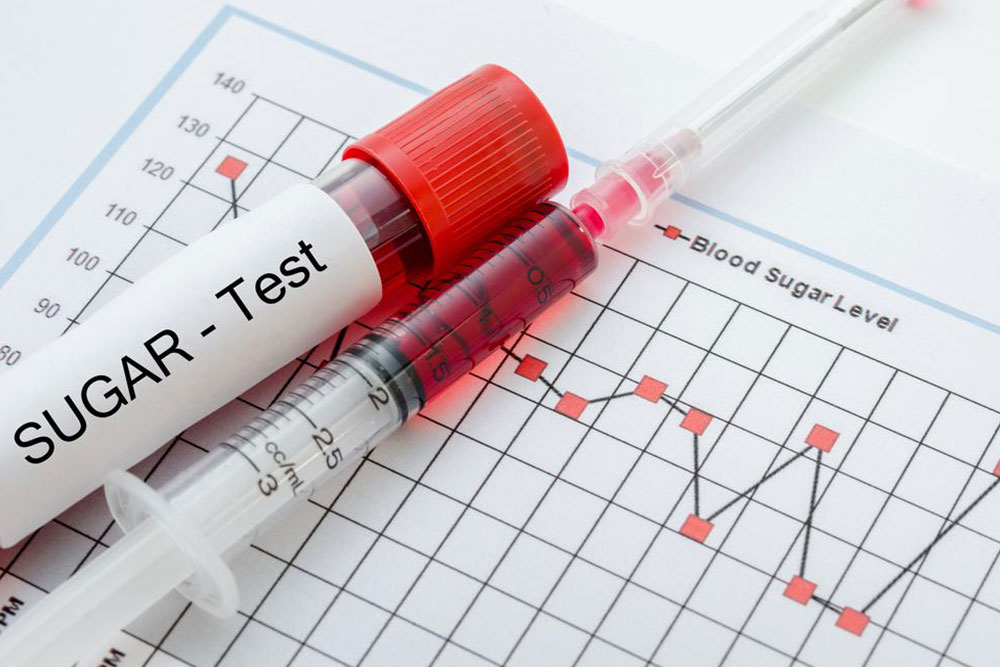Effective Strategies for Managing Blood Glucose Levels
Discover effective strategies to manage blood glucose levels safely. Learn about normal and abnormal ranges, and find practical tips to maintain healthy blood sugar. Addressing both hyperglycemia and hypoglycemia, the article emphasizes lifestyle modifications and medical considerations for long-term health. Stay informed to prevent chronic complications through dietary choices and regular monitoring, ensuring metabolic balance and overall well-being.

Effective Strategies for Managing Blood Glucose Levels
Blood sugar or blood glucose refers to the amount of glucose present in the bloodstream. It fluctuates within a normal range and can vary throughout the day based on meals and activity. Maintaining stable blood glucose levels is vital for overall health and metabolic balance. Abnormal levels—either high or low—may signal underlying health issues requiring prompt attention. Glucose serves as the primary energy source for body cells, regulated by insulin produced in the pancreas. Post-meal, blood sugar naturally rises but should stay within healthy limits to prevent complications.
Fluctuations beyond normal blood sugar levels can indicate health concerns such as diabetes or hypoglycemia. Proper regulation involves diet, exercise, and medication when necessary. Elevated blood sugar, or hyperglycemia, can cause symptoms like fatigue and increased thirst, and over time lead to cardiovascular issues and nerve damage. Conversely, hypoglycemia, characterized by dangerously low blood sugar, can cause confusion, sweating, and fainting, requiring immediate intervention. Maintaining blood glucose within the recommended ranges is crucial for long-term wellness.
Normal Blood Sugar Levels
In healthy individuals, fasting blood glucose typically ranges from 3.9 to 5.5 mmol/L (70-100 mg/dL). Post-meal levels should ideally stay below 7.2 mmol/L (130 mg/dL). For diabetics, target pre-meal levels are 5 to 7.2 mmol/L (90-130 mg/dL), with post-meal levels not exceeding 10 mmol/L (180 mg/dL). Small variations throughout the day are normal, as enzymes in the body convert glucose into other compounds to regulate its levels efficiently.
Abnormal Blood Sugar Levels
High blood sugar, or hyperglycemia, occurs when levels surpass the normal range, increasing risks for cardiovascular disease and nerve damage, often associated with diabetes. Managing this involves lifestyle changes and medication like Metformin. Some individuals experience fasting blood sugar higher than post-meal levels, a condition called physiological insulin resistance, which can elevate the risk of developing diabetes. Low blood sugar or hypoglycemia, often linked to insulin therapy or malnutrition, leads to symptoms like sweating, shakiness, and weakness. Severe hypoglycemia can cause neurological damage if untreated promptly.
Tips for Maintaining Healthy Blood Glucose Levels
Incorporate nuts into your diet
Eat whole grains such as barley and rye
Consume non-starchy vegetables like broccoli and carrots
Add cinnamon during meal preparation
Consume a teaspoon of vinegar with meals
Don’t skip meals
Avoid drinking alcohol on an empty stomach
The rise in abnormal blood sugar levels is a global health issue largely driven by modern lifestyles. Adopting a balanced diet, regular physical activity, and stress management can help prevent or control these conditions, promoting long-term health and wellness.










